
The recommended dosage of calcium each day is 1,000 milligrams (mg) for pregnant and nursing women. If you are pregnant and under 18, you will need a little more. Many Americans are deficient in calcium, so don't ignore the need for calcium while you are growing a baby! Calcium supplements may be the first place to turn, but getting this mineral from food sources is much better and even much more enjoyable. What are good foods that are high in calcium?
Of course, milk and dairy products are on the list. If you don't like milk, yoghurt is a good alternative, even with added fruits. Cheeses all have various degrees of calcium. Some tofu also contains calcium, and that may be a good source if you are pregnant and vegetarian. Some fish, like salmon and sardines, are also rich in calcium. If you do opt to take a calcium supplement, it is good to know that there are two types: calcium citrate and calcium carbonate. The former is better absorbed by the body and therefore a better choice.
Don't take too much calcium either you should not have a total calcium intake, including supplements, foods and sources you may not have consider (like bottled water) of more than 2,500 mg. Too much calcium can cause constipation (in addition to possible pregnancy constipation you may have), interfere with your body's ability to absorb another important mineral during pregnancy iron and increase your risk of kidney stones.


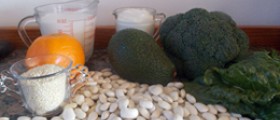
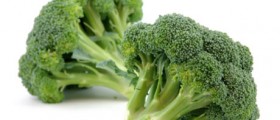



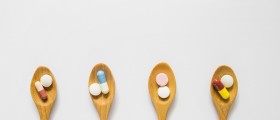
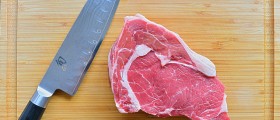

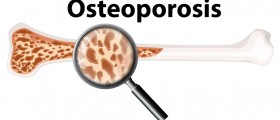
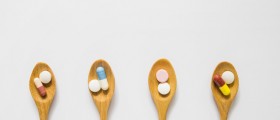
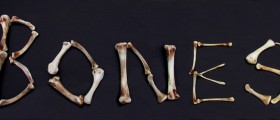

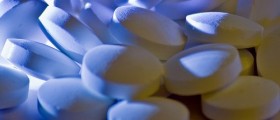
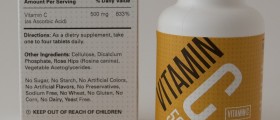
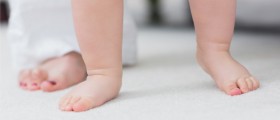
Your thoughts on this
Loading...